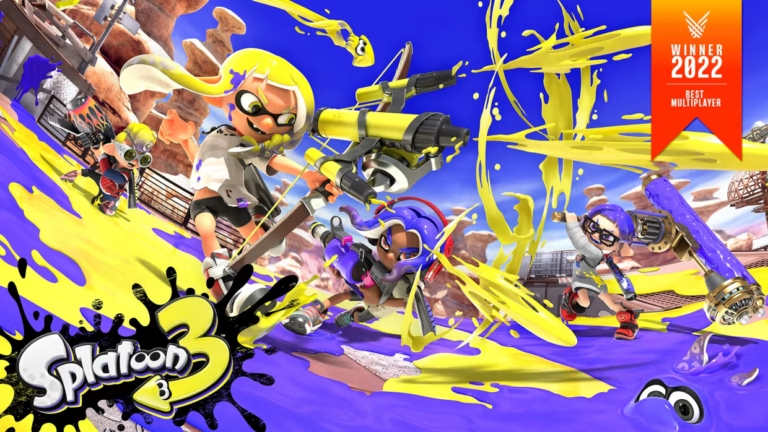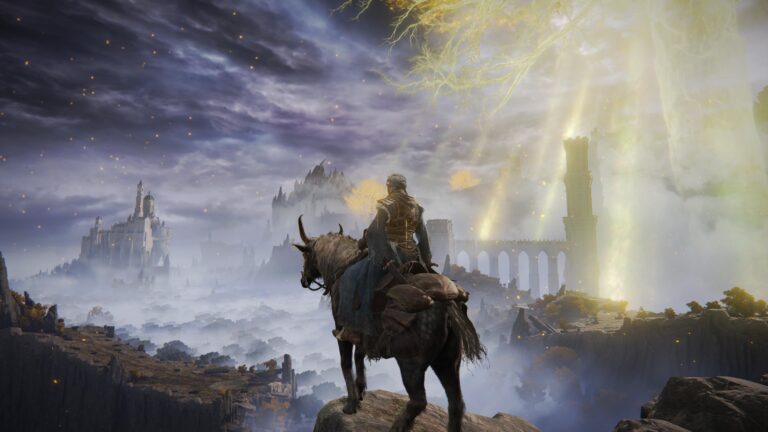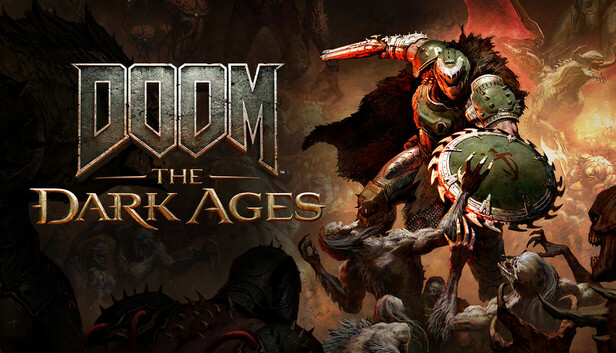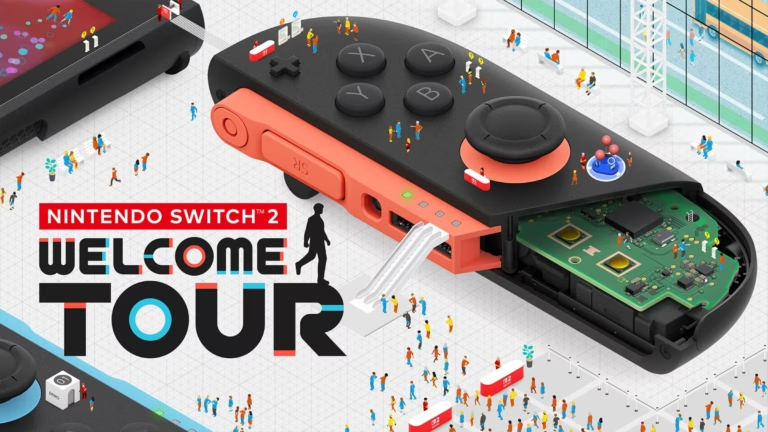Game data not found.
Ephemeral Fantasia, developed by Konami, is a unique PlayStation 2 role-playing game that was released in 2000. It stands out for its time-loop narrative and distinctive features that set it apart from many other RPGs of its era. Despite its relative obscurity, the game has garnered a niche following and remains a topic of interest for RPG enthusiasts.
Story
The story of Ephemeral Fantasia centers around a young musician named Mouse, who is invited to the island of Pandule to perform at the wedding of the island’s princess, Loreille, and the enigmatic Duke, Xelpherpolis. The narrative kicks off with what seems to be a straightforward mission, but soon unfolds into a complex tale involving time loops, political intrigue, and personal discovery.
The island of Pandule is trapped in a five-day time loop orchestrated by Xelpherpolis, who harbors secretive and sinister intentions. As Mouse, players must unravel the mysteries behind the time loop while gathering allies to put an end to Xelpherpolis’s eternal reign. The game intricately weaves themes of destiny, choice, and consequence, challenging players to make decisions that impact the story’s outcome. Each loop presents new opportunities to engage with the island’s inhabitants and uncover crucial information that helps advance the plot.
Gameplay
Ephemeral Fantasia offers a unique blend of traditional JRPG elements with innovative gameplay mechanics. At its core, the game employs a turn-based combat system, where players can control Mouse and other party members as they engage in battles against various enemies. The combat is complemented by a skill system that allows characters to learn and enhance abilities, adding depth to the strategic elements of battles.
One of the game’s most distinctive features is its time-loop mechanic. Players must navigate the repeating five-day cycle, each day presenting different events, quests, and opportunities. This mechanic challenges players to plan their activities strategically, as certain events and character interactions are only available at specific times. The game encourages replayability, as players may not be able to complete all tasks in a single loop, prompting them to try different approaches in subsequent cycles.
In addition to its unique narrative structure, Ephemeral Fantasia includes a music-based mini-game where players can compose and play songs using Mouse’s guitar. This feature is not only a nod to Mouse’s identity as a musician but also serves as a creative outlet for players and a way to unlock certain events and progress the storyline.
Graphics and Sound
For its time, Ephemeral Fantasia showcased impressive graphics that leveraged the capabilities of the PlayStation 2. The game featured vibrant, detailed environments that brought the island of Pandule to life. Character designs were distinct and expressive, contributing to the overall charm and atmosphere of the game. The graphical style, while not groundbreaking by today’s standards, holds a nostalgic appeal for players who experienced it during its original release.
The sound design in Ephemeral Fantasia is noteworthy for its integration of music into the gameplay. The game’s soundtrack, composed by Norikazu Miura, complements the whimsical and sometimes eerie ambiance of Pandule. The incorporation of the guitar mini-game allows players to engage directly with the musical elements, adding an interactive layer to the audio experience. Voice acting is limited, but the dialogue and sound effects effectively convey the game’s tone and mood.
Legacy and Reception
Upon its release, Ephemeral Fantasia received mixed reviews from critics. Some praised its innovative time-loop mechanic and engaging storyline, while others criticized its sometimes confusing gameplay and the repetitive nature of the time loops. Despite this, the game developed a cult following, particularly among gamers who appreciated its unique approach to storytelling and gameplay.
Over the years, Ephemeral Fantasia has maintained a niche status within the RPG community. It is often regarded as a hidden gem of the PlayStation 2 library, with players revisiting it for its distinct narrative and gameplay mechanics. The game’s ambitious design and willingness to experiment with unconventional concepts have earned it a place in discussions about innovative RPGs.
Conclusion
Ephemeral Fantasia remains a testament to the creativity and experimentation that characterized early PlayStation 2 titles. Its blend of time-loop storytelling, strategic gameplay, and musical elements set it apart from more conventional RPGs of its time. Although it may not have achieved widespread commercial success, its impact on players who appreciate unique and engaging narratives is undeniable.
For those willing to embrace its quirks and challenges, Ephemeral Fantasia offers a rewarding experience that defies traditional RPG conventions. Its legacy endures as a reminder of the potential for innovation within the genre, making it a game worth exploring for both nostalgic fans and newcomers seeking a distinctive RPG adventure.















